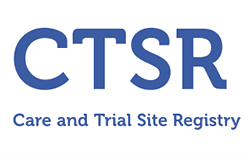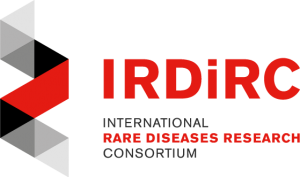Authors
David Owen, Ana Töpf, Veeramani Preethish‐Kumar, Paolo José Lorenzoni, Bas Vroling, Rosana Herminia Scola, Elza Dias‐Tosta, Argemiro Geraldo, Kiran Polavarapu, Saraswati Nashi, Daniel Cox, Teresinha Evangelista, John Dawson, Rachel Thompson, Jan Senderek, Steven Laurie, Sergi Beltran, Marta Gut, Ivo Gut, Atchayaram Nalini, Hanns Lochmüller
Journal
American Journal of Medical Genetics,
Publication date
March 2018
Abstract
Congenital myasthenic syndrome (CMS) is a heterogeneous disorder that causes fatigable muscle weakness. CMS has been associated with variants in the MuSK gene and, to date, 16 patients have been reported. MuSK‐CMS patients present a different phenotypic pattern of limb girdle weakness. Here, we describe four additional patients and discuss the phenotypic and clinical relationship with those previously reported. Two novel damaging missense variants are described: c.1742T > A; p.I581N found in homozygosis, and c.1634T > C; p.L545P found in compound heterozygosis with p.R166*. The reported patients had predominant limb girdle weakness with symptom onset at 12, 17, 18, and 30 years of age, and the majority exhibited a good clinical response to Salbutamol therapy, but not to esterase inhibitors. Meta‐analysis including previously reported variants revealed an increased likelihood of a severe, respiratory phenotype with null alleles. Missense variants exclusively affecting the kinase domain, but not the catalytic site, are associated with late onset. These data refine the phenotype associated with MuSK‐related CMS.
DOI link
10.1002/ajmg.a.38707



